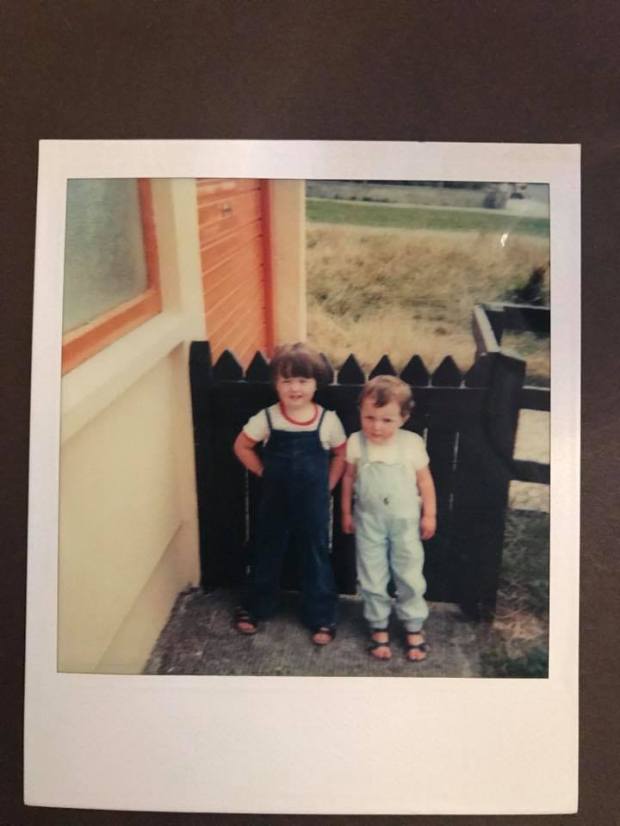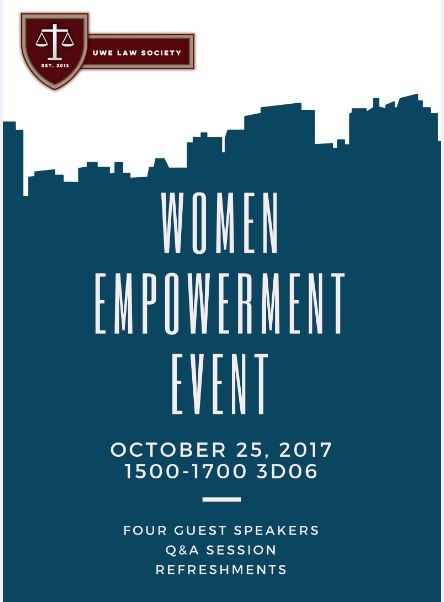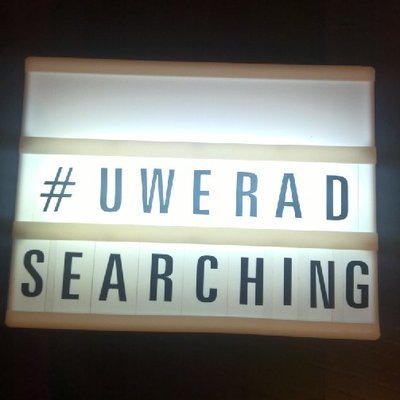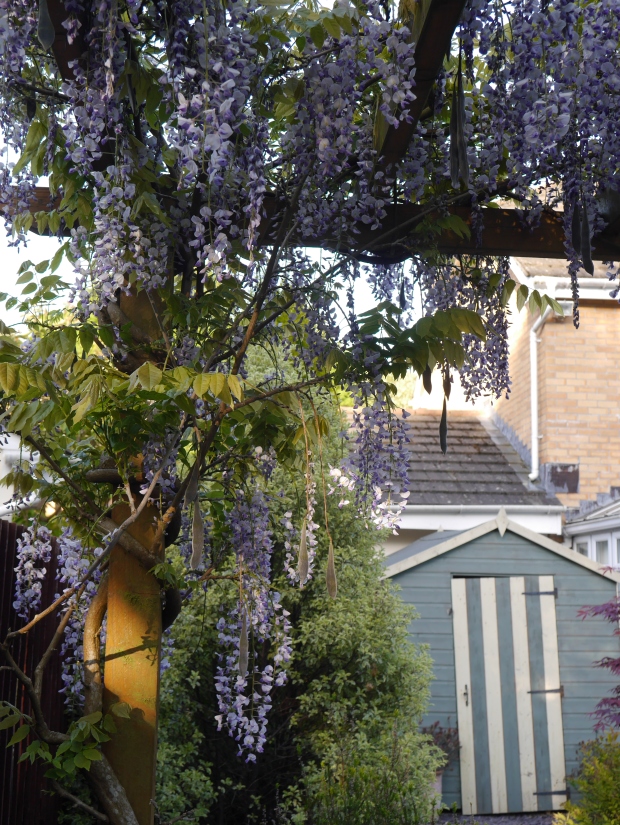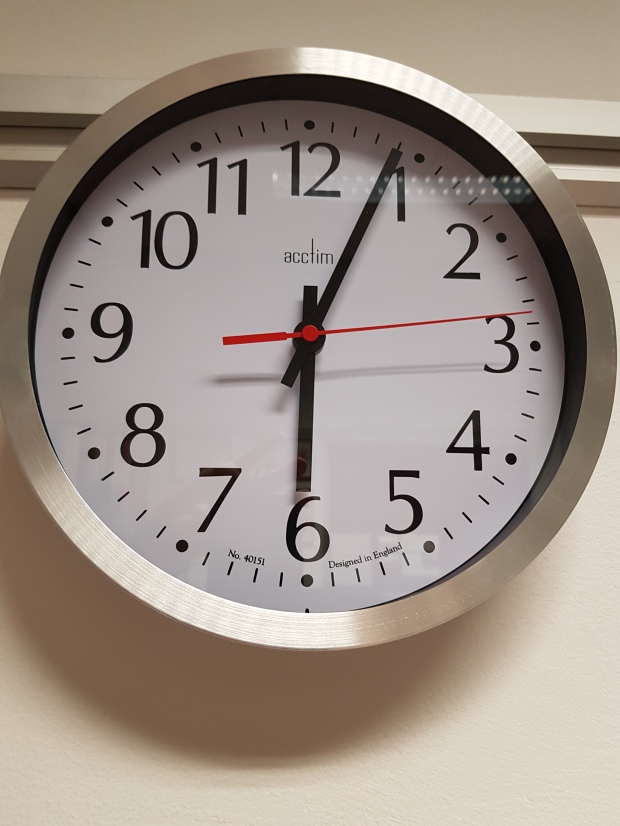 On Monday I had to make one of the toughest decisions of my life- to request a suspension on my Doctorate studies for six months. What made this such a hard call was that those who know me understand what this Doctorate means to me and how passionate I am about my chosen area of research. I have learnt so much this week since verbalising to friends and colleagues this decision and wanted to share with those who follow my endeavours.
On Monday I had to make one of the toughest decisions of my life- to request a suspension on my Doctorate studies for six months. What made this such a hard call was that those who know me understand what this Doctorate means to me and how passionate I am about my chosen area of research. I have learnt so much this week since verbalising to friends and colleagues this decision and wanted to share with those who follow my endeavours.
This is normal. The amount of people who have shared with me their stories of taking a break has been astounding. I wish people had shared this with me before so I would not have had to feel so isolated making the call. Better still nearly all the people who shared their stories have gone back to their research and completed. Many shared stories of how changes in circumstances informed their decisions such as family sickness, maternity, promotions etc. When I reflected on how far I had come I realised that the last time I studied for three years nonstop was my degree. My Masters I completed the diploma in 14 months and took a break to concentrate on a promotion. Eventually I completed in four years in 2010. In there was two promotions, a change of employer, a house move, travel and a wedding. For my Doctorate I had risk assessed life getting in the way because of this experience (a very Janice thing to do), but it is not on the Gantt chart. Nobody has a crystal ball.
Radiography Doctorates. As an educator I am passionate about enabling radiographers to make this one happen. I actively champion the Society and College of Radiographers research strategy for 1% of Doctorates by 2021- #300radiographydoctorates. However there is a narrative behind these figures. Most Doctorates are undertaken by those in an education setting, a few by those in clinical posts. Many of us are further along in our careers and trying to juggle work, finances and life. There are “role-models” however they are so few and far between in our profession I personally feel like these people are superhuman. There is of course a growing on-line community of friendly radiography learners informally supporting each other. I know this has helped me and will continue to help me moving forwards. However sometimes in social media spaces it is all about showcasing the good stuff and not so much the hard parts. This blog should in part address that balance.
Sometimes stillness is the best option. A very wise AHP offered this viewpoint. In the crazy mad world we live in, where you have to continue to drive forward in everything you do, we often forget to stop, stand still and take in the bigger picture. This goes for life and leadership roles. It is easy in these situations to just keep going, pushing through but stillness offers just as much value as crazy busy. I have never had any issues with discipline and driving projects forward but I have pleasantly surprised myself with how I have developed the skill of “stillness” as I get older.
I am not sure how this blog will be received. I have had a small minority of people say I told you so (for a variety of reasons) which frankly has not really been helpful. Maybe they are right. Personally I am proud to have had the self-awareness to stop. All I have ever wanted to do with this Doctorate journey was to be authentic, to show the ups and downs of the journey ensuring others understood that this is all normal. This definitely is a pause but by no means a full stop.

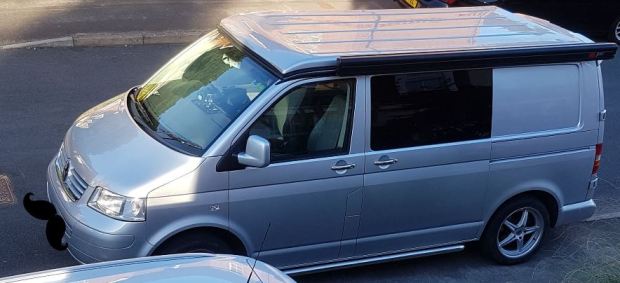
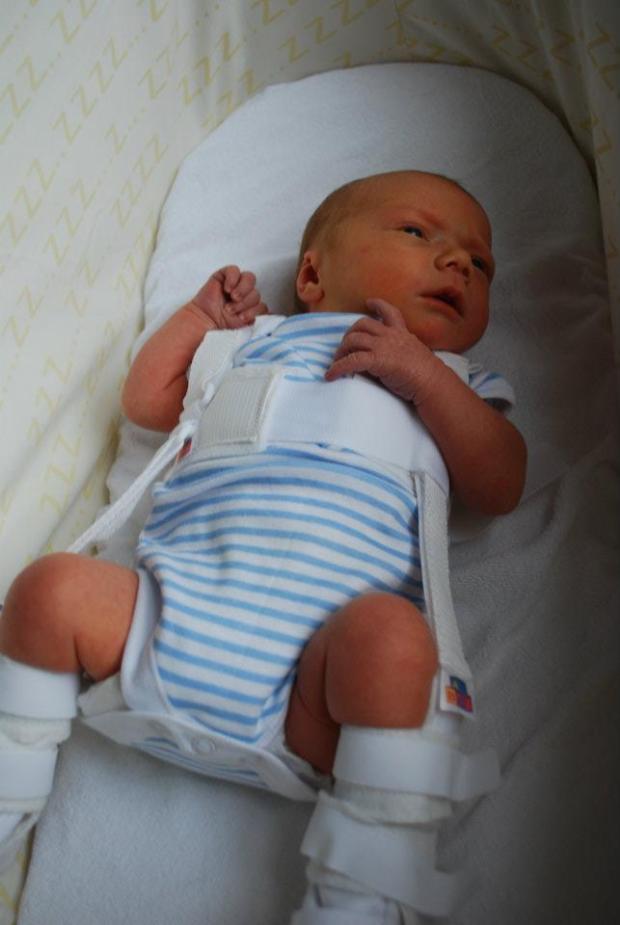 Over six years ago when my son was one day old he was diagnosed with Development Dysplasia of the left hip (DDH). This was the start of a one year relationship of regular appointments and imaging within the NHS. At six days old my husband and I were taught how to fit a Pavlik harness and for four months little man wore this for 23 hours a day. To this day my most vivid memory is at three o’clock in the morning being so tired trying to change an explosive “korma” nappy without having to take off the whole harness. After numerous hospital appointments with harness checks and imaging across two different hospital sites at fourteen months our little man was given the all clear.
Over six years ago when my son was one day old he was diagnosed with Development Dysplasia of the left hip (DDH). This was the start of a one year relationship of regular appointments and imaging within the NHS. At six days old my husband and I were taught how to fit a Pavlik harness and for four months little man wore this for 23 hours a day. To this day my most vivid memory is at three o’clock in the morning being so tired trying to change an explosive “korma” nappy without having to take off the whole harness. After numerous hospital appointments with harness checks and imaging across two different hospital sites at fourteen months our little man was given the all clear.